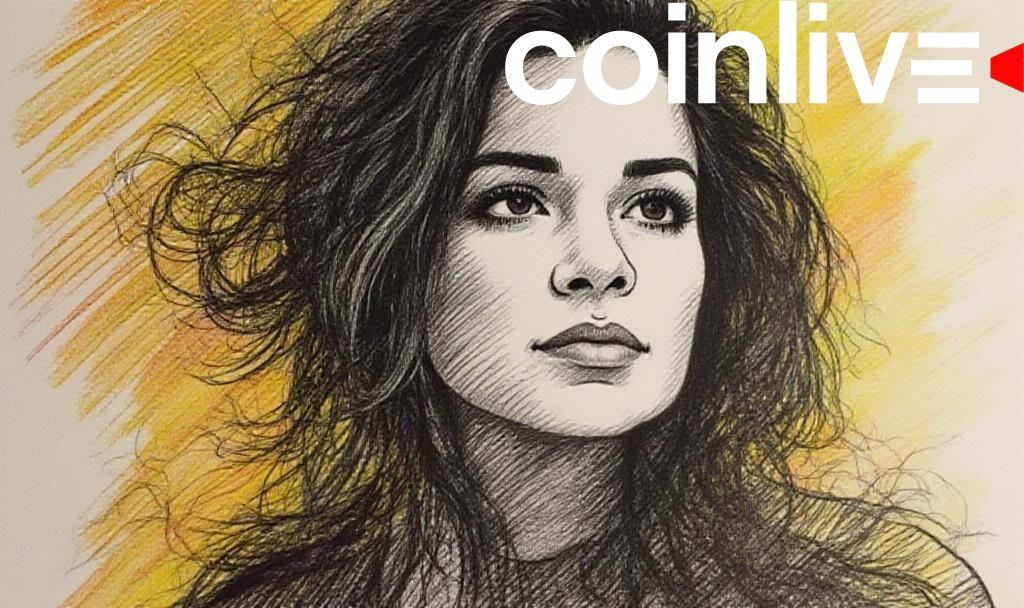- Main event involves a U.S. District Court decision regarding Tornado Cash.
- No immediate market impact noted post-ruling.
- Continues scrutiny on crypto privacy protocols.

Main Content
Judge Katherine Polk Failla, on May 30, declined a defense request to order the Department of Justice to review records for exculpatory evidence in the case against Tornado Cash developer Roman Storm.
Impact on Crypto Privacy Protocols
The ruling emphasizes ongoing scrutiny in the intersection of privacy tools and current regulatory frameworks without significant market impact. Judge Katherine Polk Failla presided over a case involving Tornado Cash, declining the DOJ review of potentially exculpatory evidence requested by Roman Storm’s defense.
Roman Storm, known for developing privacy protocols, remains a central figure. The refusal aligns with past court decisions where further DOJ discovery was not deemed necessary.
“I decline to order the Department of Justice to review its records for exculpatory evidence as requested by the defense.” — Judge Katherine Polk Failla, U.S. District Judge, Southern District of New York
U.S. legal precedents do not mandate additional evidence review unless warranted under specific legal obligations.
The absence of immediate market effects from this ruling highlights how past Tornado Cash-related events triggered brief Ethereum volatility.
Ethereum’s DeFi ecosystem remains unaffected, with no shifts in funding flows or liquidity observed. Industry experts and stakeholders observed developments quietly, reflecting on the judicial process without immediate comments.
Broader Implications
The broader financial and regulatory implications remain focused on the risks associated with privacy tools. Legal attention continues in the DeFi space regarding developer liability. Historical enforcement actions like the 2022 OFAC sanctions on Tornado Cash have triggered broader market responses, yet this ruling has not prompted similar movements.
Developers and privacy advocates interpret the decision through the lens of judicial fairness and potential risks surrounding open-source code contributions. Looking forward, the impact on protocols and associated cryptocurrencies may become more evident as ongoing legal scrutiny evolves.







